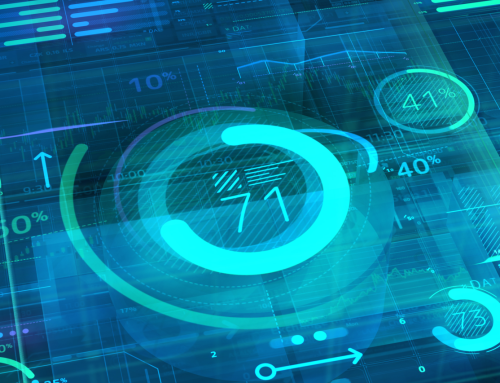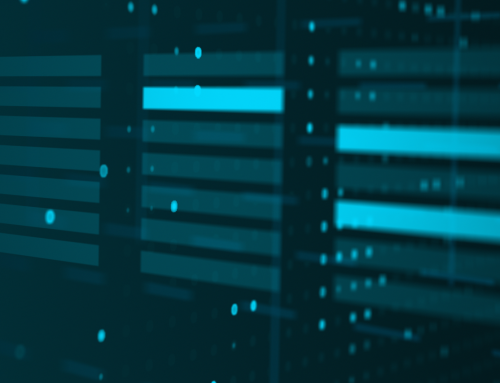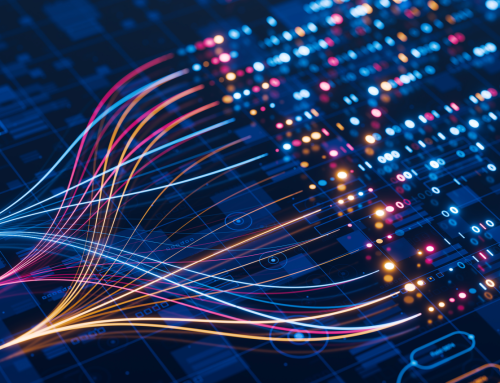As we approach the end of 2024, I wanted to look at what we can expect in EUC in 2025. As always, EUC will be at the cutting edge. I envisage greater integration and adoption of AI, and we will see the rise of AI agents throughout 2025.
Here are my top 5 predictions
Accelerated Adoption of AVD and Windows 365
The accelerated adoption of Azure Virtual Desktop (AVD) and Windows 365 has transformed how organizations deliver Windows workspaces. This will continue in 2025, pushed by factors such as Windows 11 migrations, with the Windows 10 deadline set for October 2025 and organisations evaluating the best way to deliver Windows going forward and likely that AVD and Windows365 will be part of their strategy.
2025 will also bring about the introduction of a new way of accessing Windows365 in the form of the W365 link, a hardware device designed specifically for W365 that was announced at Microsoft Ignite in Chicago Given the large number of thin client vendors already in the space, it will be interesting to see how adoption goes. You can read more about the W365 link here
Move to Modern Application Platforms
FlexApp, our dynamic application management technology, further enhances agility by enabling applications to be packaged independently and delivered on-demand to any workspace. This flexibility ensures that apps are portable and maintainable without impacting the underlying OS or device performance.
Seamless Integration with EUC: Modern applications, including those delivered through solutions like FlexApp, will integrate more directly with digital workspaces, virtual desktops, and collaboration tools, reducing end-user friction. This includes directly incorporating workflow automation, unified communications, and single sign-on (SSO) capabilities into the desktop or application interface.
Future-Proofing Through Cloud-Native Architectures: As organizations standardize on these modern platforms, they gain agility. When combined with AVD and Windows 365 desktops, cloud-native architectures—enhanced with dynamic app management—improve resilience, ensure rapid updates, and bolster security posture—all critical in dynamic market conditions. To learn more about Liquidware FlexApp integration with AVD App attach click here
DEX Adoption
The importance of Digital Employee Experience (DEX) has grown exponentially over the past few years. By 2025, DEX will no longer be a “nice-to-have”—it’s the core priority for IT and HR teams who understand that user experience and productivity are intrinsically linked.
Holistic Experience Management: DEX tools now analyze end-to-end workflows, from login times to application responsiveness and collaboration tool usage. This provides IT with actionable insights to optimize performance and preemptively resolve bottlenecks before they affect productivity.
Employee Well-Being and Retention: A superior digital experience correlates closely with employee engagement, satisfaction, and retention. DEX analytics help organizations continually refine their technology stack—removing friction and ensuring that employees spend more time on meaningful work rather than troubleshooting their tools.
Data-Driven Improvements: Leveraging telemetry and AI-driven analytics, organizations can personalize application delivery, reduce downtime, and ensure that each user’s environment feels responsive and catered to their specific role. By 2025, employees will expect their digital workspace to adapt to their needs, not the other way around.
The Rise of Shadow AI
Shadow IT is nothing new; in fact, it was one of the first blogs I wrote around 2017, but 2025 will continue the trend we have seen of Shadow AI. Companies may claim that they don’t allow AI, but that does not mean their employees are not using it.
This obviously creates and issues in terms of compliance and companies need to ensure they have an AI strategy that balances innovation and compliance.
Ultimately, organizations that embrace managed AI marketplaces or “AI-as-a-Service” models within their official EUC ecosystems will gain an advantage, harnessing end-user enthusiasm while protecting corporate interests.
AI Agents
AI Agents Become the New Digital Coworkers
One of the biggest changes on the horizon is the arrival of AI agents as standard workspace components. Think of them as intelligent digital colleagues—able to handle routine tasks, filter information, predict user needs, and even provide personalized training or guidance.
Context-Aware Virtual Assistants: These next-generation agents aren’t just chatbots—they understand your role, daily tasks, and work patterns. They can anticipate when you need certain documents, remind you of upcoming deadlines, and proactively surface insights relevant to ongoing projects.
Augmenting, Not Replacing, Human Roles: AI agents will free them from repetitive, low-value activities rather than displacing employees. This shift allows employees to focus on strategic,creative endeavours that add value to the business. Meanwhile, these digital helpers maintain organizational standards, consistency, and compliance in the background.
Continuous Learning and Improvement: As AI agents learn from usage patterns, feedback loops, and integrated enterprise data, they become more precise and effective. Over time, they evolve from basic task managers into indispensable partners that unlock new levels of productivity and innovation.
As EUC evolves in 2025, organizations must prioritize agility, user experience, and security. Liquidware’s solutions—CommandCTRL, FlexApp, ProfileUnity and Stratusphereâ„¢ UX—are purpose-built to address these trends. By adopting Liquidware’s workspace management solutions, businesses can seamlessly transition to the cloud, deliver exceptional user experiences, and embrace the future of end-user computing.
To learn more about how Liquidware can support your EUC strategy, visit www.liquidware.com.









Leave A Comment
You must be logged in to post a comment.